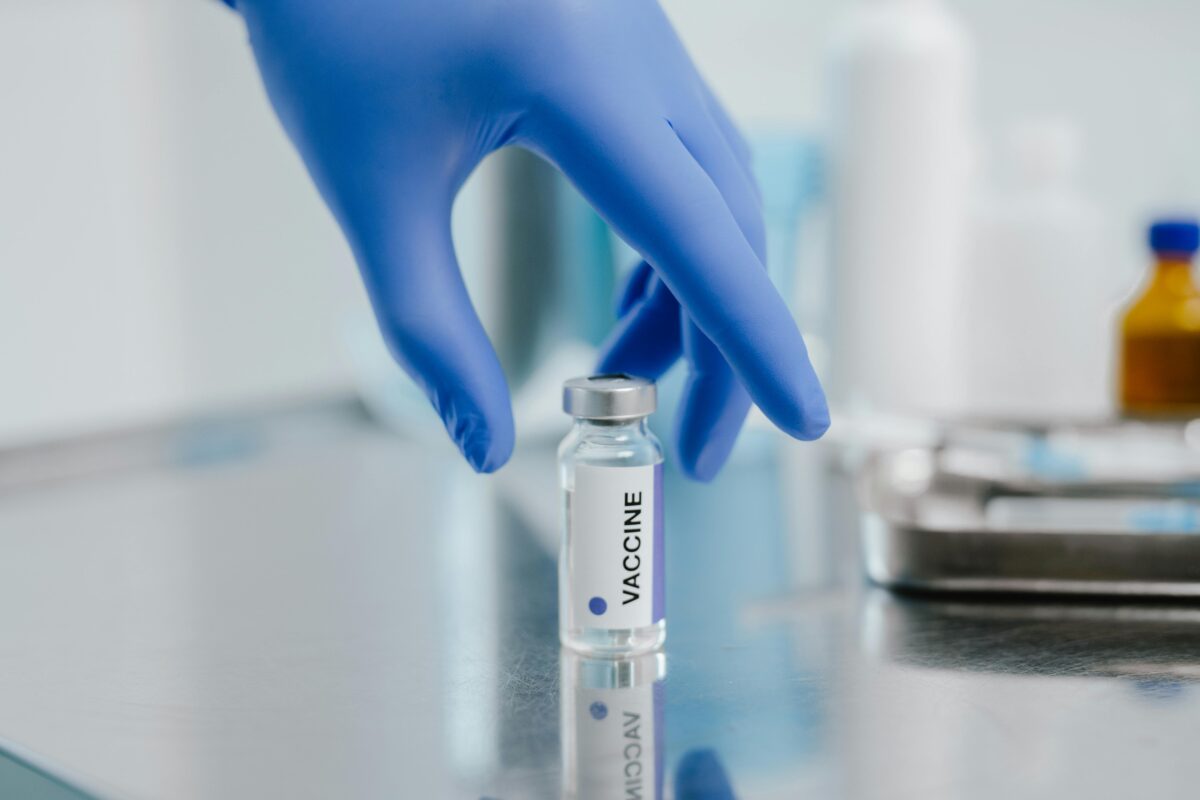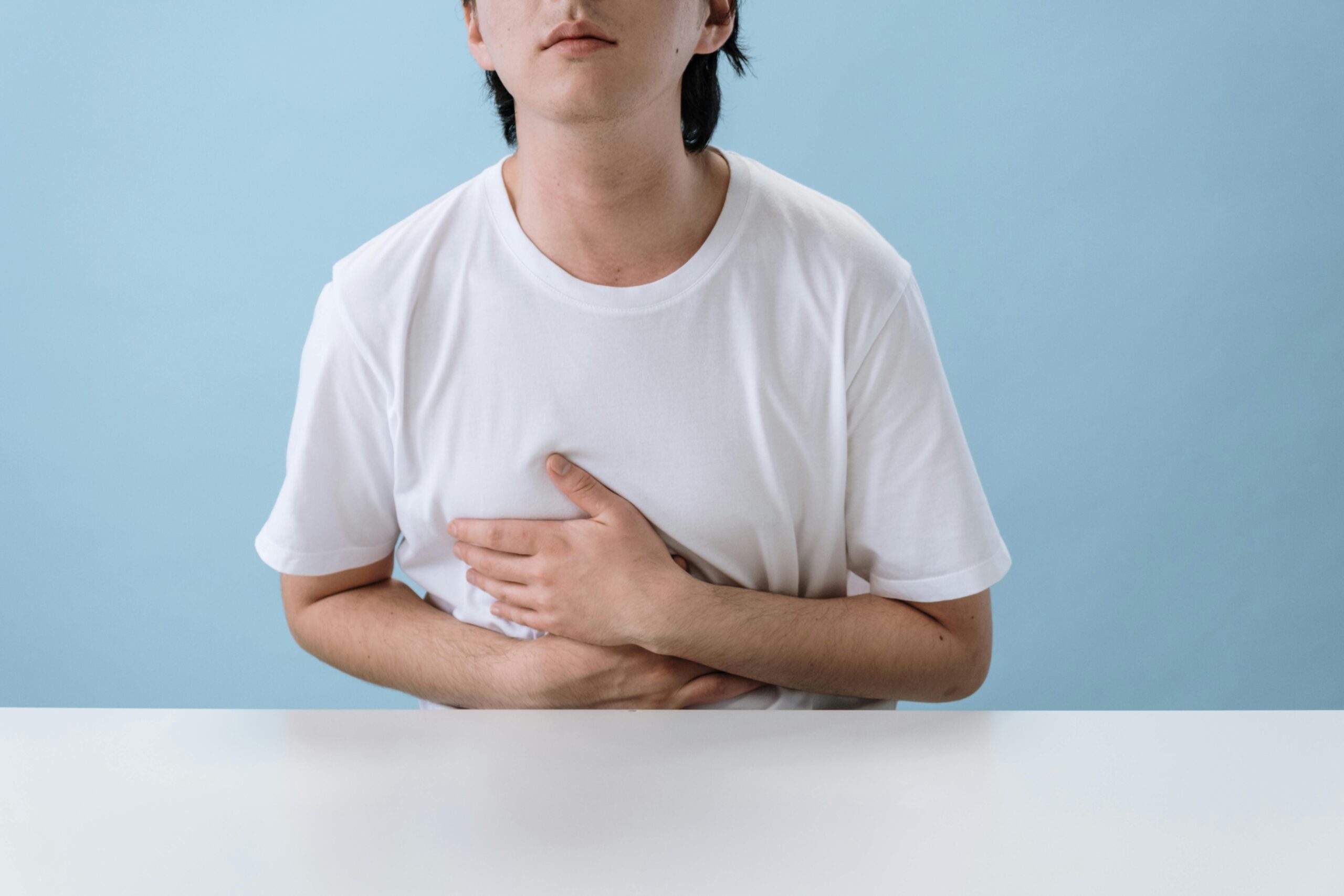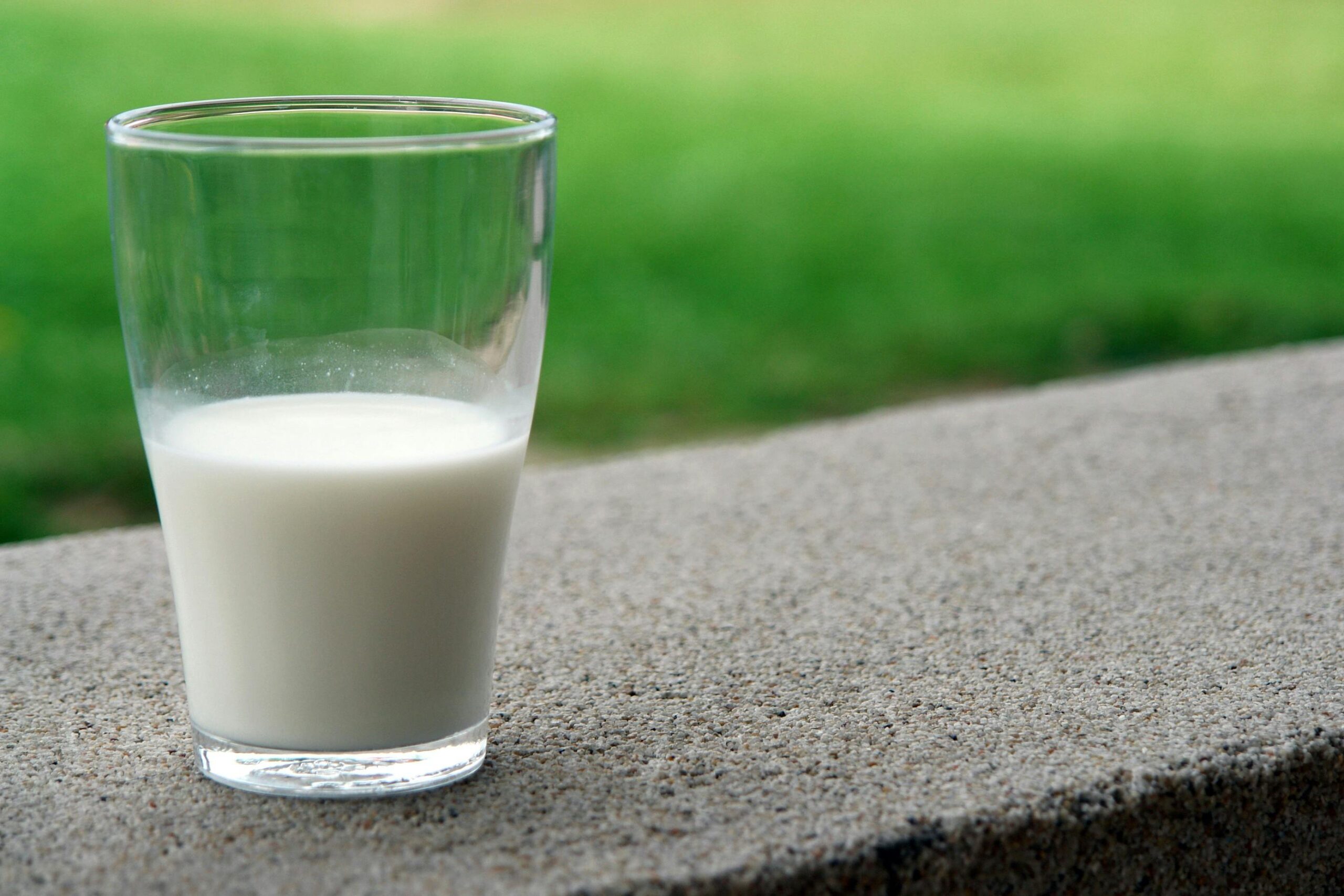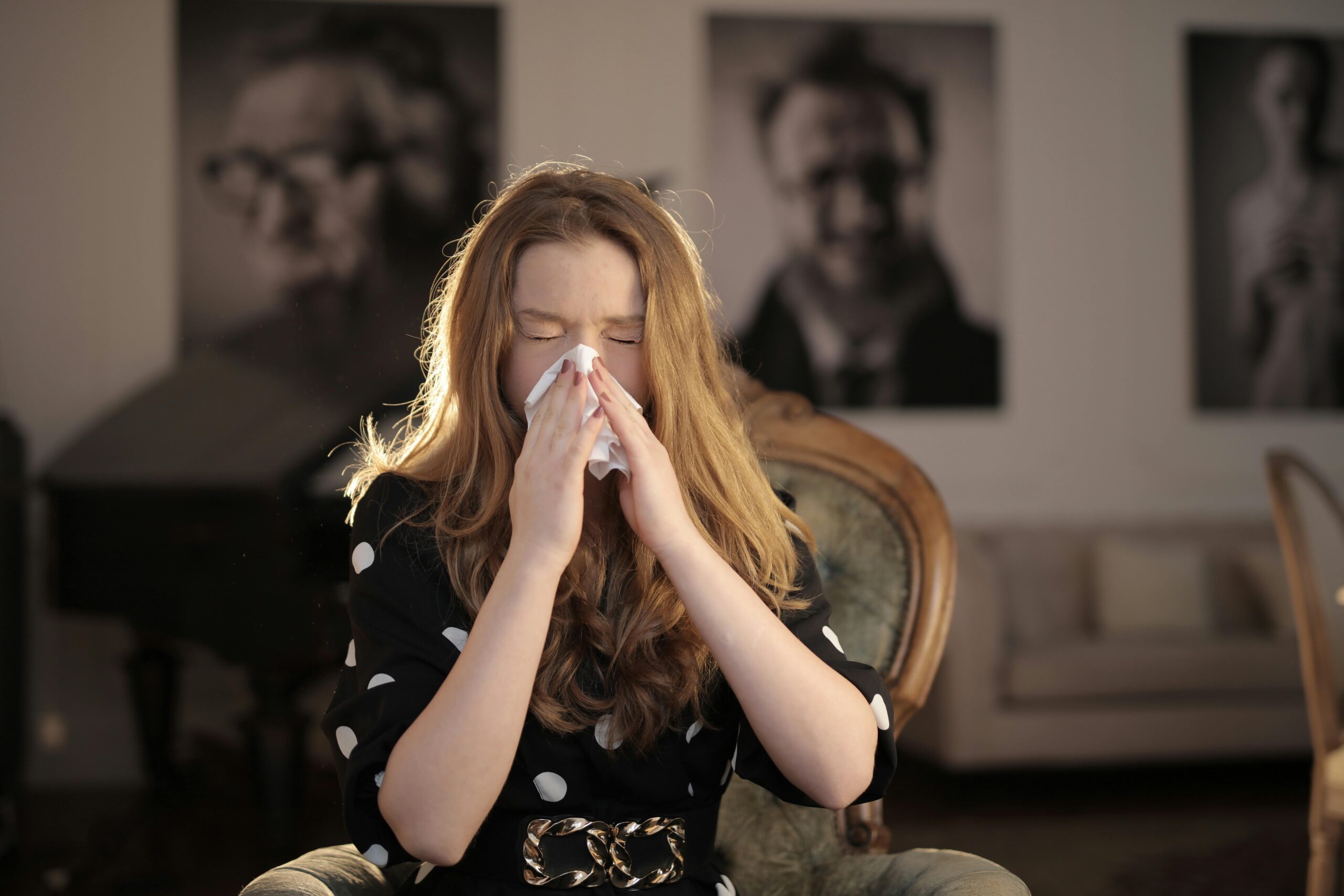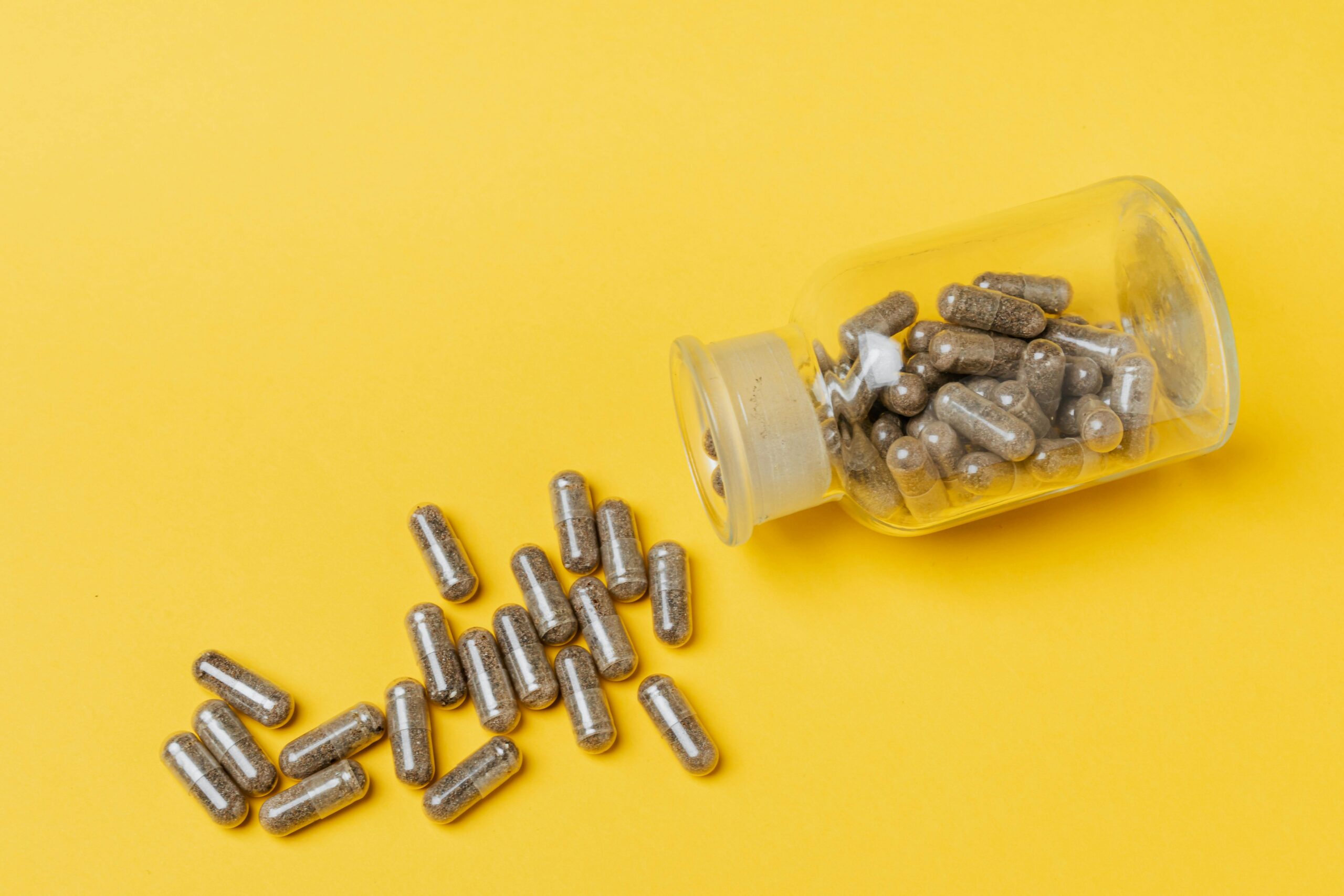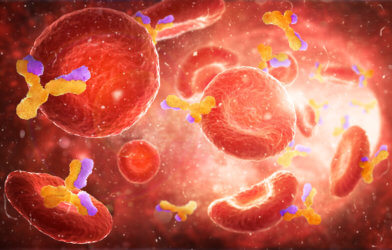For people trying to manage their weight or blood sugar, artificial sweeteners have long been a go-to choice. But for cancer patients receiving cutting-edge immunotherapy, that seemingly innocent choice might be a dangerous one. A new study from the University of Pittsburgh and UPMC Hillman Cancer Center has found a startling link: the popular artificial sweetener sucralose, commonly sold as Splenda, appears to make immunotherapy drugs less effective. This discovery suggests that a simple dietary change could be a new tool in the fight against cancer.
The Connection Between Sweeteners and Immunotherapy
The research, published in the journal Cancer Discovery, started with a look at human patient data. Scientists surveyed patients with advanced melanoma and non-small cell lung cancer, all of whom were receiving a type of treatment called immune checkpoint inhibitors (ICIs). These powerful drugs work by taking the “brakes” off the immune system, allowing a patient’s own T cells to find and destroy cancer. The team found that patients who reported consuming higher amounts of sucralose had worse outcomes—their tumors were less likely to shrink, and their survival times were shorter.
To confirm that sucralose was the cause and not just a coincidence, researchers turned to mice. They gave mice with cancer sucralose in their drinking water at a level similar to human consumption. The results were dramatic: the mice who drank sucralose had larger tumors and shorter survival times after receiving immunotherapy. This indicated that sucralose wasn’t just linked to poor outcomes; it was actively interfering with the treatment.
Gut Bacteria and the Immune System
The key to understanding this effect lies in the gut microbiome—the trillions of bacteria living in our intestines. The study revealed that sucralose consumption fundamentally changed the balance of bacteria in the gut. To prove that these microbial changes were responsible for the reduced effectiveness of immunotherapy, the researchers performed a “fecal microbial transfer,” essentially giving mice a gut bacteria transplant from their sucralose-consuming counterparts. Those mice, even though they had never consumed sucralose themselves, also became resistant to the cancer treatment. This finding confirmed that the changes in the gut microbiome were directly responsible for weakening the immune response.
The team then identified the specific biological process. They discovered that sucralose consumption led to lower levels of the amino acid arginine in the gut, blood, and tumors. Arginine is a vital nutrient that T cells—the immune cells responsible for attacking cancer—need to do their job properly. Without enough arginine, these T cells become exhausted and can’t effectively fight the disease. The scientists were able to reverse this effect by adding arginine back into the drinking water of the sucralose-consuming mice. This simple fix restored the T cells’ function and made the immunotherapy effective again.
What This Means for Patients
The findings are a reminder that a patient’s diet can have a significant impact on their medical treatments, even when it comes to cutting-edge therapies. For patients undergoing immunotherapy, reducing or eliminating sucralose could be a simple step to improve their chances of a positive outcome. The researchers are now planning to test this idea in clinical trials, exploring whether arginine supplementation—or a related supplement called citrulline—can counteract the negative effects of sucralose in human patients. This work opens the door to new strategies that could help more people benefit from these life-saving cancer treatments.
Paper Summary
Methodology
The study was conducted using a combination of human patient data and mouse models. Researchers collected dietary information from 91 advanced melanoma patients, 41 advanced non-small cell lung cancer (NSCLC) patients, and 25 patients with high-risk resectable melanoma before they began immune checkpoint inhibitor (ICI) therapy. The study also used mouse models to investigate the effects of sucralose consumption, fecal microbial transfers, and arginine supplementation on cancer and immunotherapy outcomes.
Results
The study found that patients who consumed high amounts of sucralose had a lower response rate to immunotherapy and shorter survival times. In mouse models, sucralose consumption led to increased tumor growth, reduced T-cell infiltration, and decreased survival after immunotherapy. The gut microbiome was identified as a key factor in this resistance, and fecal microbial transfers from sucralose-fed mice to sucralose-naive mice also caused immunotherapy resistance. The researchers also identified that sucralose consumption led to a decrease in the amino acid arginine, which is crucial for T-cell function. Supplementing the mice with arginine or citrulline reversed these effects, restoring T-cell function and immunotherapy response.
Limitations
The primary limitation of the human study is its reliance on observational data from self-reported dietary questionnaires, meaning it demonstrates a correlation but not a direct cause-and-effect relationship. The mouse model findings, while suggesting causation, are limited to two specific tumor models and may not be universally applicable. The paper notes that future prospective studies are necessary to confirm causation in humans.
Funding and Disclosures
The study was supported by institutional grants from Arcus, Immunocore, Merck, Regeneron Pharmaceuticals Inc., and Tesaro/GSK. The corresponding author, Diwakar Davar, disclosed several competing interests, including serving on scientific advisory boards, consultancies with various companies, and holding intellectual property related to cancer treatment.
Publication Information
The study, titled “Sucralose consumption ablates cancer immunotherapy response through microbiome disruption,” was published in the journal
Cancer Discovery. The authors are affiliated with the UPMC Hillman Cancer Center and the University of Pittsburgh.
